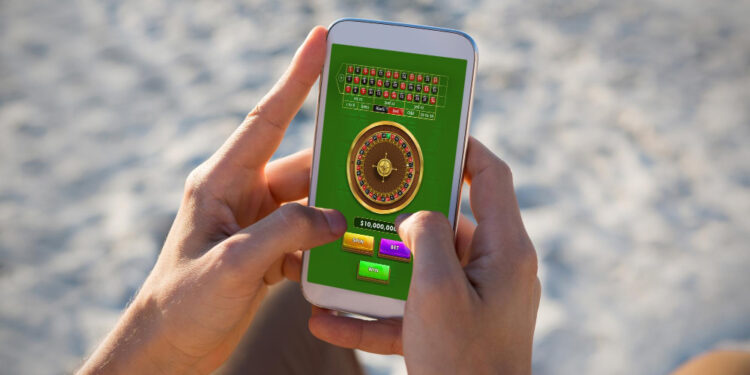Superstitions and gambling have always gone hand in hand. It’s fascinating, really, how so many players rely on rituals to sway their luck, even in online casinos, where outcomes are determined by algorithms, not chance or fate. But does any of this actually work in a digital environment? Or are these habits just comforting relics of a bygone era? Let’s explore how traditional gambling rituals have found their way into the online world and whether they hold any real power.
Old Superstitions in a New Era
Gamblers have always had their quirks, blowing on dice, tapping the table, or wearing that one “lucky” shirt. It’s part of the culture, almost like a shared language among players. But what happens when the dice are virtual, and the table is just a screen? Well, people adapt. Online gamblers might tap their screens before a spin or stick to playing at specific times, believing it gives them an edge.
Interestingly, some of this behaviour is tied to confidence. Gambling industry experts often point out that choosing the right platform can make a big difference, not in luck, but in how comfortable and prepared a player feels. For instance, platforms that offer demo modes or educational resources, like blog articles on odds, can help players feel more in control. In Europe, UK casino sites are particularly popular for their customer-focused approach. They offer a wide variety of games, enticing bonuses, and fast withdrawals, which all contribute to a better experience. Yet, even with these practical advantages, many players still cling to their “lucky rituals,” adapting them to fit the online space.
Lucky Rituals That Have Moved Online
Despite the shift from physical casinos to digital platforms, superstitions haven’t disappeared. If anything, they’ve evolved. Here are some of the most common ones you’ll find in the online gambling world:
1. The “Right” Time to Play
Some gamblers swear by playing at specific times of the day or night. Early mornings, they believe, are quieter, with fewer players online, while late-night sessions are thought to have looser odds to encourage more play. Of course, this is all in their heads—online casinos use random number generators (RNGs), so the time of day doesn’t matter. But still, the belief persists.
2. Blowing on Virtual Dice and Tapping the Screen
Remember the classic move of blowing on dice for good luck? Online players have their own version of this. Some pretend to blow on their screens or tap them repeatedly before hitting “spin” on a slot machine. It’s a harmless habit, really, more about feeling in control than actually influencing the outcome.
3. Avoiding Unlucky Numbers
Numbers have always carried superstitious weight. The number 13, for example, is widely considered unlucky, while in some cultures, the number 4 is avoided because it sounds like the word for “death.” Online gamblers often steer clear of these numbers when placing bets or even avoid playing on certain dates. On the flip side, numbers like 7 are seen as lucky, so they get bet on over and over again.
4. Pre-Game Rituals
For some, the ritual starts before the game even begins. Maybe it’s wearing a lucky bracelet, listening to a specific song, or brewing a cup of tea before logging in. These routines don’t affect the game’s outcome, but they create a sense of comfort and readiness. It’s like a mental warm-up.
5. Using “Lucky” Payment Methods
Here’s a newer one: some players believe their choice of payment method can influence their luck. Maybe they had a big win after using a particular e-wallet or cryptocurrency, and now they’re convinced it’s their lucky charm. It’s not logical, but it’s easy to see how these beliefs take root.
The Psychology Behind Gambling Rituals
So, why do people hold onto these superstitions, especially in a world where algorithms and RNGs control everything? The answer lies in human psychology. Gambling is inherently unpredictable, and rituals offer a sense of control in an otherwise chaotic environment.
There’s even a term for this: illusory correlation. It’s when people believe two unrelated events are connected. For example, if a player wins big after tapping their screen three times, they might start doing it every time, convinced it’s the secret to their success. The more it “works,” the stronger the belief becomes, even if it’s just coincidence.
Can Superstitions Influence Online Gambling Outcomes?
Scientifically? No. RNG software ensures that every outcome is completely random. But that doesn’t mean superstitions are meaningless. The placebo effect is real, when players feel lucky, they might bet more confidently or make smarter decisions. In that sense, rituals can indirectly influence the experience, even if they don’t change the odds.
At the end of the day, superstitions are less about logic and more about the emotional side of gambling. They add a layer of fun, comfort, and tradition to the experience. And while they won’t help you beat the house, they might just make the game a little more enjoyable.
















